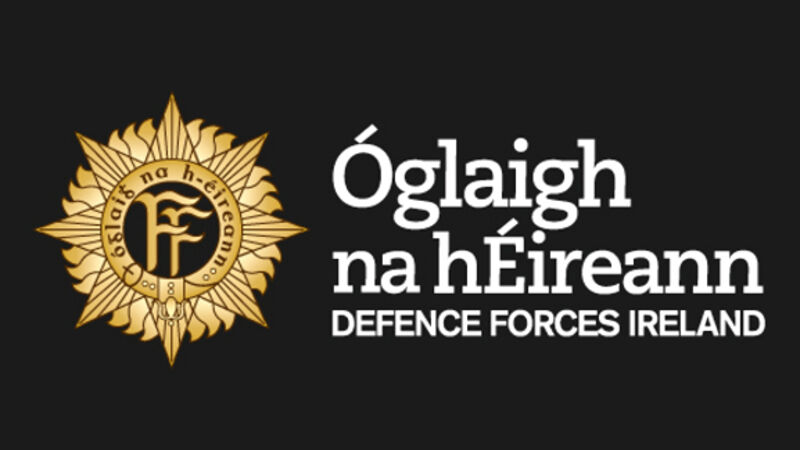Aldi’s military call-up weakens defence

Nearly 100 officers have resigned in the past two years and that, allied to continuing budget and manpower cuts, has weakened the Defence Forces in key areas, RACO (Representative Association of Commissioned Officers) has warned.
RACO said the military is critically short of specialist officers including pilots, aeronautical engineers, and bomb disposal experts.













